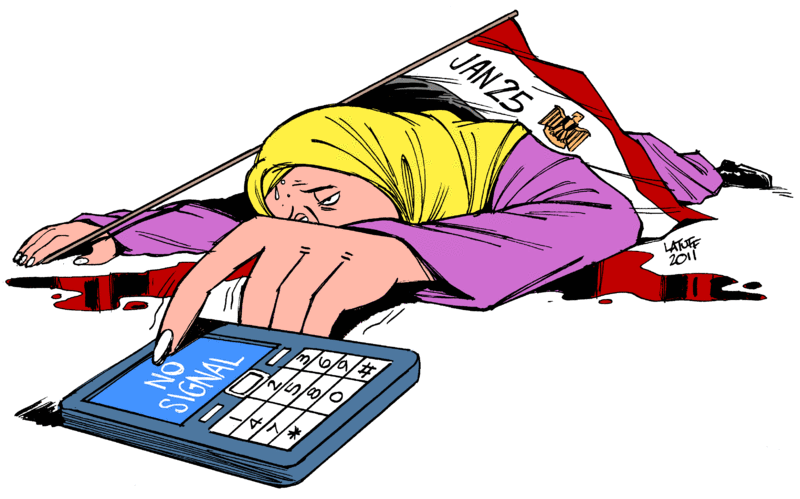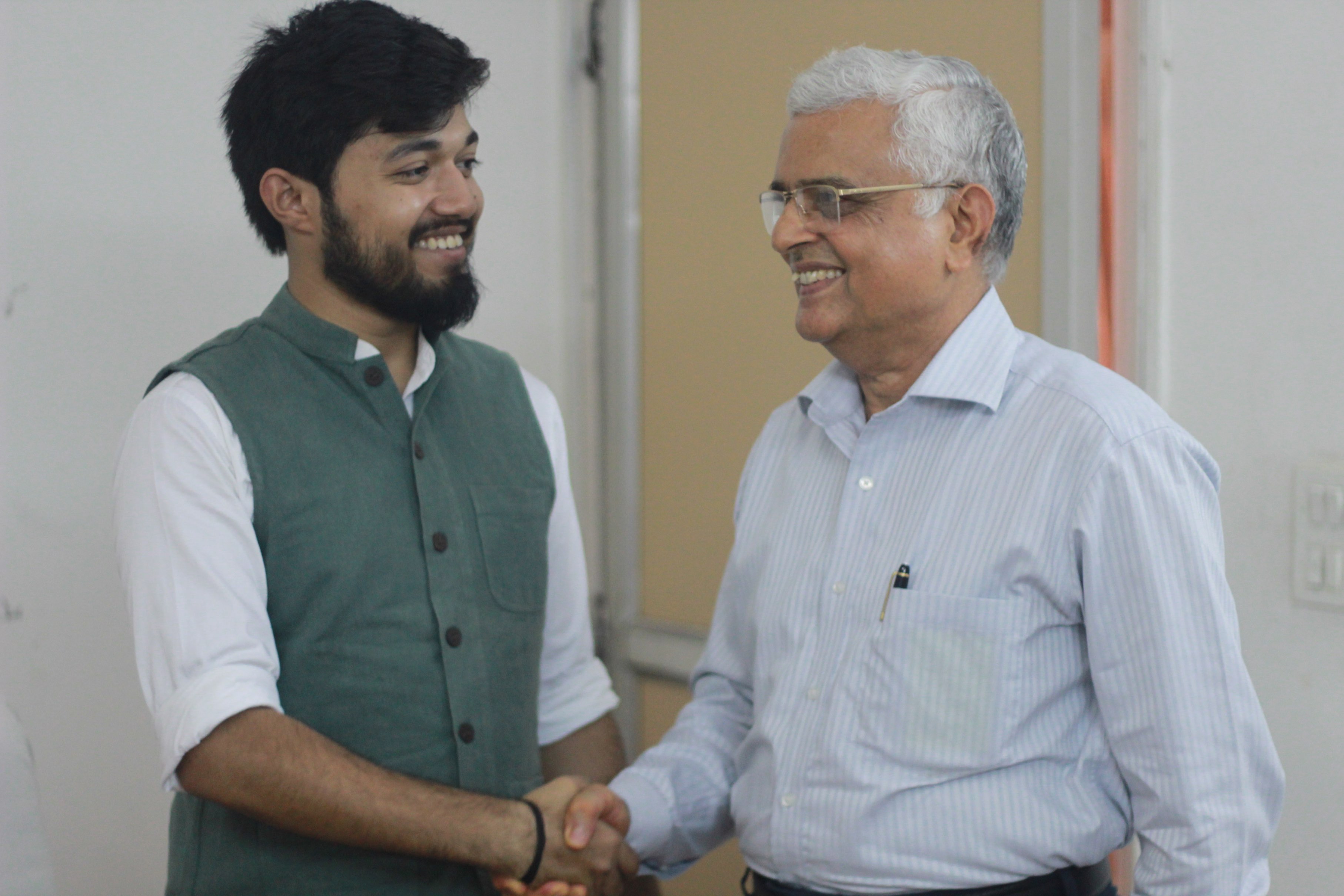Democracy in an Era of Digital Shutdowns
By Shriya Tandon

Let’s not be dejected if India was unable to hit a record of violating the human rights of its own citizens, for it did make a record elsewhere. According to an article in The Diplomat, among all other democracies, India has had the highest number of internet shutdowns around the world in 2019. A hundred and six is the recorded number of internet shutdowns in India in 2019 as per Internet Shutdown Tracker, a website dedicated to registering verified database regarding internet shutdowns across India. A day before the revocation of Article 370, a total communication blockage was imposed in the state of Jammu and Kashmir which blocked the state’s internet, landline, mobile and SMS services. Later in the same year, just as the BJP government’s Citizenship Amendment Bill was received wholeheartedly by the President, the relatively small-scale protests against the bill by the public transformed into a full-scale opposition, almost overnight. Here, the internet proved useful in spreading the word, helping people form associations, keeping the masses aware of the venue and time of the protests, etc. No sooner did the government realize how the internet was singlehandedly being used to facilitate non-compliance to the will of the administration that it commenced aggressively regulating the internet connectivity throughout the country.
It is safe to say that we have come a long way in the journey from the birth of democracy in Greece with all its development during different kinds of modern democracies to finally in the present times of digital democracy, all at what cost? Lucknow, Meerut, Mangalore, and Ghaziabad are a few among the numerous other cities which experienced internet shutdown for days at once. In an unprecedented and frightful attempt, the capital city of the world’s largest democracy was cut off from internet connectivity amid the anti-Citizenship Amendment Act protests. While championing the concept of Digital India, putting the national capital under an internet lockdown attracted grave national as well as international attention. From terming it an authoritarian measure to labeling it as an outright violation of the fundamental right to speech and expression, news agencies and people across the world opined that such hostile use of internet shutdowns did not go well with the democratic values upheld by India.
The worst victim of this arbitrary use of power has undoubtedly been Kashmir where, in the name of internet restoration, access has only been permitted to 301 ‘whitelisted’ websites and only limited mobile data access has been given. In the Neo-Republican conception of liberty, the idea of ‘Non-Domination’ pitches that liberty in the true essence exists only in the absence of any such legitimized institutions of authority which have the potential of posing a threat to our freedom by imposing arbitrary restrictions on it. It takes into account the possibility that institutions that have legitimately gained power over us may impose certain limitations on our freedom when they are driven by self-interests instead of working for the interests of the people. Viewing the current status of India from such a republican point of view makes one realize how much-immersed people are into normalizing the extremist measures of this government.

How can anybody still expect the Indian model of ‘liberal’ democracy to function as efficiently as was envisioned by the makers of our Constitution when what one is witnessing is the leaders chanting slogans of neo-fascism? As is evident, no effort is being spared in normalizing the use of chauvinist maneuvers and, crippling dissent is seen in its full-fledged form gaining immense support from the ignorant, traditional and conservative class among the Indians.
Since India’s retaliation to the Pulwama attack, Prime Minister Modi gained the reputation of a strong and strategic leader who is unwilling to compromise on his country’s national security. This is the same station that not so long ago earned his party another landslide victory in the last general elections. The legitimacy thus received emboldened their game plan of justifying any and every plan of action under the garb of ‘national security’. In light of such a statement, the unapologetic recurrence of internet shutdowns just happens to be a recent example. However, what the government consciously neglected was how this weapon was nothing short of a double-edged sword. The economic repercussions of this measure have been massive, to say the least. According to CNBC, India suffered an economic loss of 1.3 billion USD in 2019 itself, third highest after Iraq and Sudan, with the duration of internet shutdowns lasting up to 4,196 hours and affecting 8.4 million internet users. Are we still wondering how the Indian economy lost its lustre this year? Well, the answer lies in the plethora of these shutdowns.


